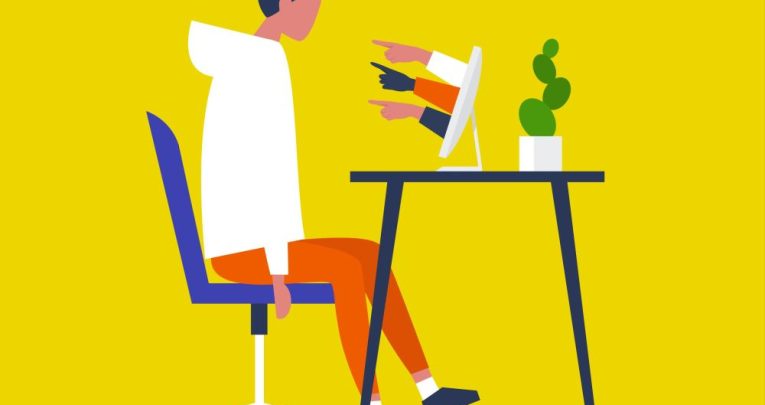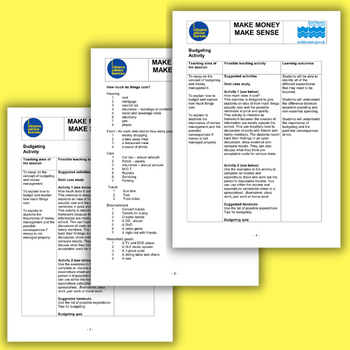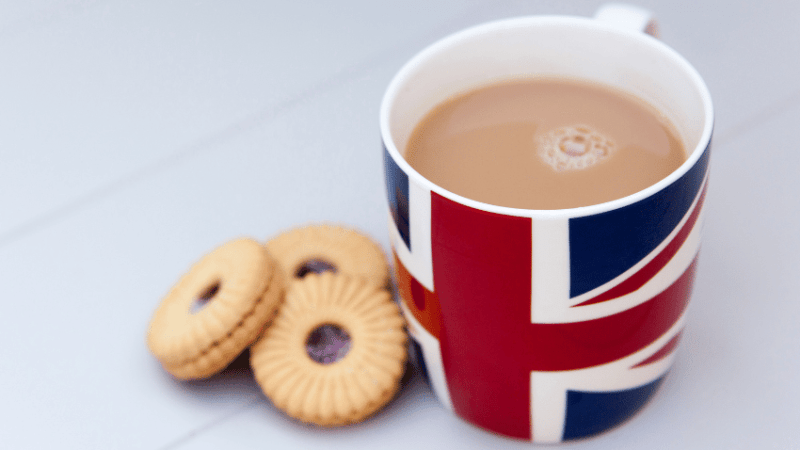COVID-19 and fears of the ‘other’ – what teachers can do to stop pandemic-related racism and xenophobia

Beki Martin explains why now is the time for teachers and schools to address the issues of fear, racism and othering brought about by the COVID-19 crisis

- by Teachwire

The impact of the COVID-19 pandemic has been far reaching and devastating in many ways.
Teachers and school leaders are currently doing some of the hardest work of their lives, navigating the demands of delivering distance learning and support to students, and continuing to oversee school sites to safely support vulnerable students and the children of key workers.
As our political leaders lay out their roadmap for reopening schools, we must be prepared to address issues beyond the immediately pressing challenges of social distancing within school environments and remedial work for the time lost. Among these is the known rise in racism, xenophobia and ‘othering’ as a result of the COVID-19 outbreak. According to the government’s own estimates, for example, south and east Asian communities have experienced a 21% increase in hate crimes directed against them.
At times of crisis, many will search for someone to blame and in doing so, channel their fears towards those they consider culpable. In this instance, we have seen growing racism directed towards people assumed to be of Chinese heritage, as well as increased xenophobia against some European nationals as the ‘epicentre’ of the pandemic moved to the continent.
Amplified inequalities
The unfortunate reality is that the structures and systems of our society already discriminate against those with less privilege – particularly members of the BAME community, people with disabilities, the vulnerable and the poor. The crisis has amplified these inequalities, and is having a greater impact on people already living with significant unearned disadvantage.
History shows us that none of this is new. These forms of inequality, othering and racism have always been there, but have become amplified – perhaps even ‘normalised’ – by the responses we’ve seen in the press and from some of our politicians.
Young people aren’t separate from the rest of society. They absorb the messages they see around them, and can internalise behaviours that arise from hate and othering encountered in their daily lives.
Heartbreaking and difficult to face though it is, some live in fear that hateful acts will be perpetrated upon them and their families. Others will meanwhile be in the process of adopting hateful attitudes and behaviours that, unless addressed, will be even harder to unpick in future.
Shared empathy
At Facing History, we believe that education plays a vital role in shaping young people’s values, levels of empathy and critical thinking skills. We see schools as having the potential to cement young people’s sense of identity, belonging and how they can contribute to society.
It’s imperative that we prepare the generation of young people experiencing this pandemic to re-enter society with tools that empower them to challenge hate, and to be a voice for a more connected and empathetic society.
But to do this, we must help them unpack the sometimes murky beliefs and behaviours that they, their friends, families and wider community may be dealing with. If left unaddressed, these will lead to rising incidences of bullying, hate crime and mental health issues – which teaching staff already have challenges dealing with as it is.
That’s why we believe it’s essential to build content into home learning – and at the appropriate time, classroom lessons – that allows for meaningful conversations and develops a shared sense of empathy. Doing so will reduce the likelihood of harmful othering once students can return to schools, and if done collectively, help us avoid becoming a more insular and selfish society.
Who knows – we might even start to finally address the systemic inequalities that have kept our society divided.
Beki Martin is executive director at Facing History and Ourselves UK – a charity that uses lessons from history to challenge teachers and their students to stand up to bigotry and hate. The organisation has produced a Teaching Idea titled ‘Responding to Racism Incited by Coronavirus’; for more information, visit facinghistory.org.uk or follow @facingHistoryUK











